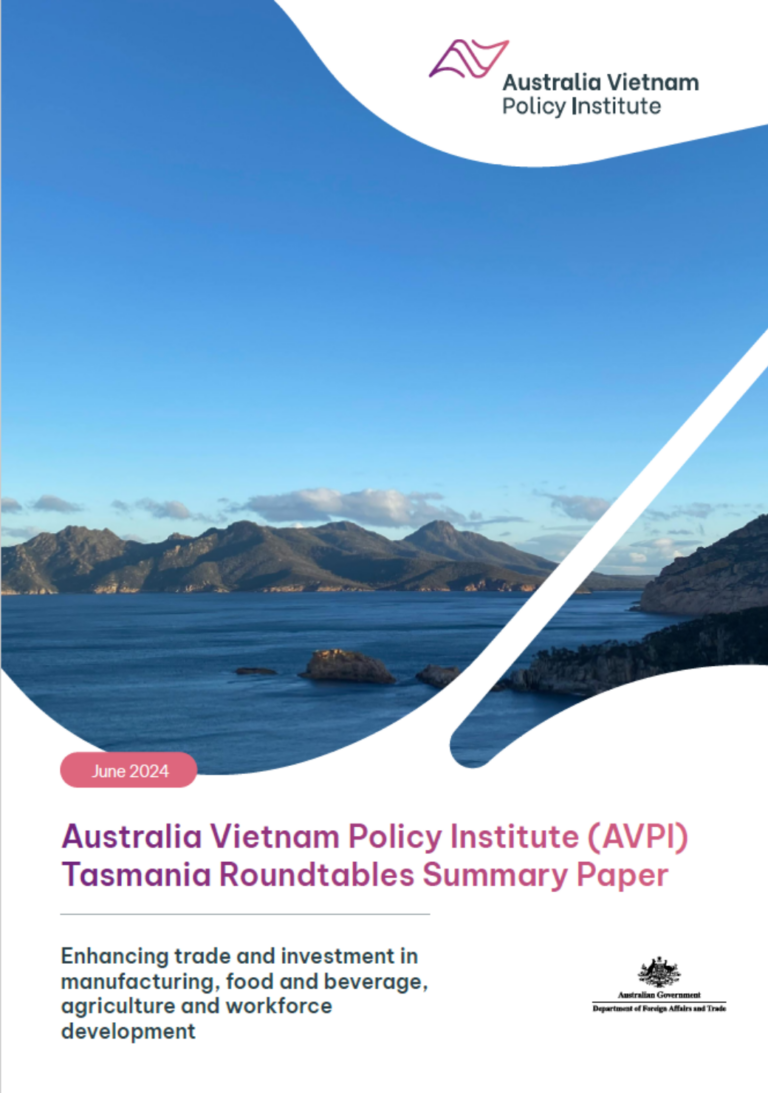This report examines four main sections where content, directly or indirectly, has implications for the planning, organisation, and implementation of Industry 4.0 in Vietnam from a managerial perspective.
Oberer and Erkollar (2018) refer to Industry 4.0 (I4.0) as the fourth industrial revolution, which entails the rapid transformation of products, components, and manufacturing systems, particularly in their service, operation, implementation, or design.
To study the I4.0 phenomenon in Vietnam in depth, a mixed methodological approach was chosen. Data was gathered from 503 Vietnamese business managers operating nationwide through an online survey. The survey was developed in collaboration between RMIT International University Vietnam and Consulus Vietnam, using Consulus’ proprietary framework called Unity 4.0. This is part of an initiative by the Industry Advisory Board of RMIT Vietnam – School of Business and Management, Hanoi campus.
A second survey was developed by RMIT researchers to gather qualitative data; using a combination of face-to-face and online interviews. It covered various aspects such as opportunities and threats stemming from Industry 4.0 adoption and external and internal support to fulfil the promise of the Industry 4.0 phenomenon.
Overall, the research provides a timely and valuable contribution to understanding and appreciating the Industry 4.0 phenomenon in Vietnam more deeply. Building on these insights, Consulus will produce a global strategic guide for Vietnamese companies in their global growth and innovation. It will include business ideas for business leaders and recommendations for industry leaders to harness Industry 4.0 to guide Vietnamese firms to succeed in a new world.
Key takeaways
- There is crucial value in the potential of I4.0 to improve businesses’ practices, including improvements to customers’ experiences, human resource management, and other forms of streamlining business processes.
- There are clear challenges for businesses in the form of human and financial resources.
- Governments cannot fill in for all the current gaps and limitations however the government’s facilitation of I4.0 uptake, through training courses and workshops to enable knowledge dissemination, could be valuable.
- The extension of I4.0 uptake in years to come calls for more involvement among educational and training institutions and entities to provide more hands-on learning experiences to future managers and business owners.


















